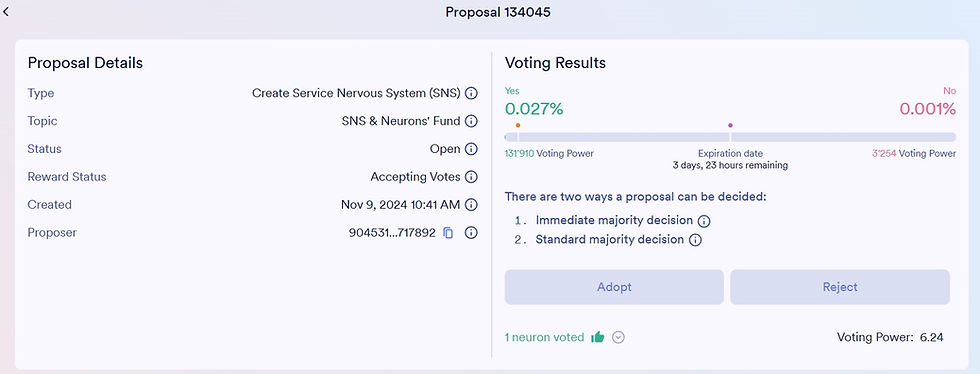How Does Immutability Ensure Security in Blockchain Technology?
- Jul 30, 2024
- 2 min read

Immutability is a fundamental feature of blockchains that ensures data remains unchanged and tamper-proof. Here’s how it works:
What Is Immutability?
Immutability refers to the property of decentralized and distributed public networks (like blockchains) where data stored on these networks remains forever.
Unlike traditional databases, blockchain data cannot be altered over time, erased, or modified. It has an indelible history.
How Does Blockchain Achieve Immutability?
Cryptography: Blockchain maintains immutability through the interconnection of blocks using cryptographic techniques.
Each block contains a hash (a unique digital signature) of the previous block. Changing any data in a block would alter its hash, which would then invalidate subsequent blocks.
This cryptographic linkage ensures that once data is added to the blockchain, it becomes practically impossible to alter without consensus from the entire network.
Proof of Work (PoW):
Immutability is primarily available through PoW, the consensus mechanism used by Bitcoin and many other blockchains.
Miners perform complex computations to validate transactions and create new blocks. Once a block is added, altering it would require redoing all subsequent work, making it prohibitively expensive.
Challenges and Costs:
Immutability comes at a price. Storing data immutably in Bitcoin involves costs:
OP_RETURN: A mechanism to encode data into transactions without affecting the blockchain’s function.
TXO Encoding: Used by projects like Counterparty and Drop Zone.
These approaches require keeping transaction outputs (especially unspent ones) in expensive memory (RAM), reducing network participation and transaction processing speed
The Tragedy of the Commons:
Immutability creates an externality cost for blockchain participants.
Bitcoin may evolve to treat immutability as a bug, not a feature, leading to more frequent data deletion by full nodes.
In summary, blockchain immutability ensures data permanence, censorship resistance, and trust in decentralized systems. It’s a magical property that transforms how we handle information in the digital age. 🌟




Comments